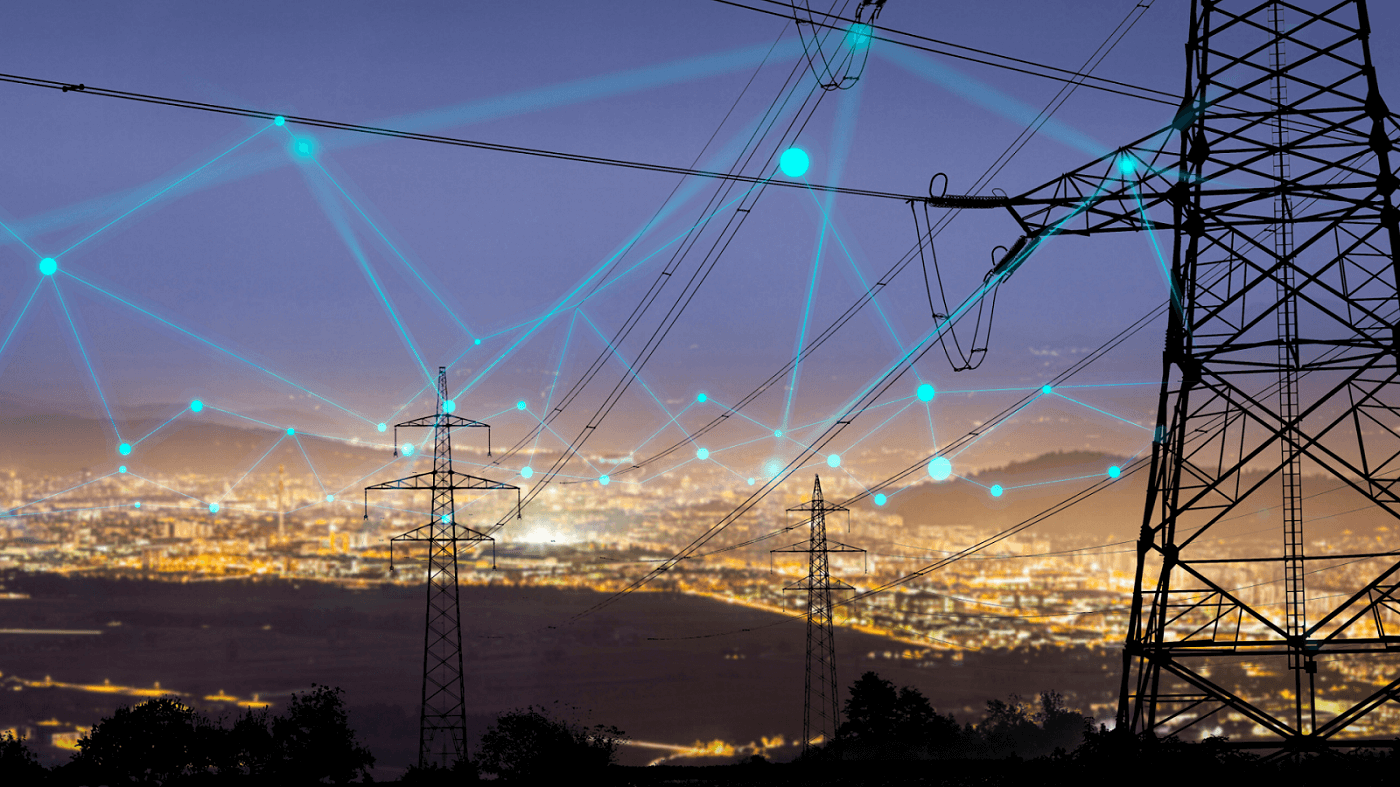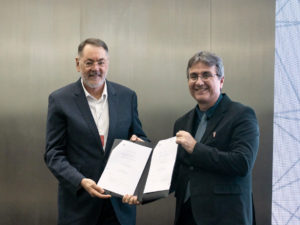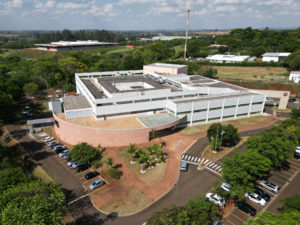The electric sector is undergoing one of the greatest transformations in its history. Technological progress is disrupting current business models and services models and opening up new opportunities for new ones.
Digitization is a reality and a necessity for Brazil to follow world trends towards energy transition and so-called smart energy. Energy companies are racing to keep up with the imminent opening of the free market for energy, which will affect household consumers as well as small and medium-sized companies and businesses.
In this respect, the current scenario is replete with opportunities given the growing search for innovative solutions to ensure the segment’s modernization with the electricity sector’s higher quality supply and services and therefore operational efficiency.
Energy’s Three Ds
Deloitte’s Perspectives for the Energy Sector in 2022 noted that generating clean energy is still the priority in order to ensure greater resilience, reliability, safety and cost optimization. The strategy required to pursue these transformations is known as “three Ds”: digitization, decarbonization and decentralization.
Digitization is a pillar for digital transformation, aka Energy 4.0, in which automated processes ensure more agility and assertiveness for decision-making and spotting opportunities. These solutions will enhance electricity generation, transmission, and distribution systems.
Decarbonization is about energy transitioning strategies and prioritizing generation from renewable sources such as solar and wind in order to meet the demands of the ESG agenda.
Decentralization tackles the challenges of diversifying Brazil’s electricity matrix and incorporating new technologies and business models, such as distributed generation, thus enabling more autonomy for consumers and companies.
Development partners
To ensure that all these transformations are viable, a strategic alliance with Science and Technology Institutes (ICTs) is increasingly important to track all the changes in this market.
So finding a partner that has the right experience may be the key to the electricity sector’s innovation and digital transformation using tools and knowledge to power business intelligence and drive modernization.
Instituto ELDORADO has the expertise of an actor that has been in the market for 23 years, a highly qualified technical team and state-of-the-art laboratories. ELDORADO is working on technological projects in several segments, developing software and hardware solutions using emerging technologies.
In this context, ELDORADO is primed for the future and constantly watching for any chance of generating new business. The Institute is ready to serve the electricity sector’s potential market across all stages in the chain: generation, transmission, distribution, and commercialization.
Energy 4.0: End-to-end solutions
Solutions based on technological offerings such as visual computing, blockchain, AI, analytics, cybersecurity, microelectronics, electronics, wearables, IoT and connectivity resources are poised to improve planning for energy generation, transmission and distribution while making for more efficient use of energy, lower costs and better operating performance, reliability, and safety.
Projects developed for the sector include predictive maintenance mechanisms to ensure energy transmission, technologies to suppress fraud and theft thus reducing financial losses, as well as communication and cyber-security systems; intelligent metering and distribution systems (smart grids); operational supervision, monitoring; electronic devices using IoT, and other projects.
Another possibility is using technological resources such as virtual and augmented reality, to develop training and qualification for front-line professionals to ensure more the safety for operations and teams in the field.
R&D investments drive another of the electricity sector’s major pillars: the ESG agenda. One of the promising technological offers in this respect is blockchain, which enables traceability for renewable sources, in addition to more controlled, secure, and transparent data management.
More details for some cases:
Visual Computing and IoT: Visual computing combined with IoT and AI sensing capabilities has increasingly been used in risk supervision systems, whether real-time alert generation or automatic fault diagnosis, for both operators and complete transmission systems.
IoT and AI: Smart systems using technologies such as IoT and AI help control environments through machine learning to monitor power quality and may also be used for demand control and optimization techniques in order to support the operation’s central decision-making process.
Virtual training center: Virtual and augmented reality environments may be digitalized and virtualizes so electricians may be trained in very nearly real-life situations, thus masking for safer operations and minimized risk of accidents.
Home Energy Management: A new wireless connectivity standard called Wi-SUN supports the deployment of smart home grids enabling consumers to manage their home’s energy use and share their data with the concession operator, which can then optimize distribution more efficiently.
IoT and Wi-SUN for online monitoring: Another recent development has been used for online monitoring of HV transmission line cable traction through IoT sensing and Wi-SUN connectivity. Its benefits include lowering operating costs and preventing power outages.
Innovation at the heart of everything
Electricity sector companies are now envisaging the advantages of technological innovation for operational/energy efficiency, modernization, sustainability, safety, and intelligence.
ELDORADO’s expertise can help organizations cope with the challenges of digitization and connectivity with innovative solutions while constantly pursuing opportunities for the present and the future of energy.
From generating energy to distribution, ELDORADO is the ideal partner to boost the electricity sector’s R&D. See more differentials on our website.






